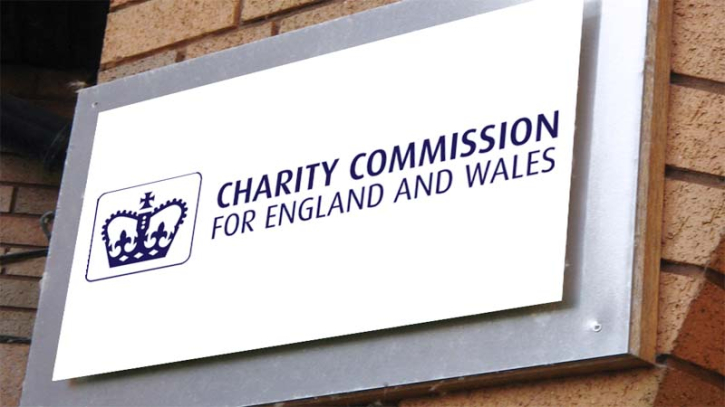Charity Commission Updates Guidance for Charities in Financial Distress

The Charity Commission has refreshed its guidance to support trustees in managing financial challenges and potential insolvency.
The revised guidance (CC12) is aimed at trustees of voluntary organisations facing financial difficulties or the risk of insolvency. To make it easier for trustees to find relevant information, the Commission has divided the guidance into three distinct sections.
These sections offer practical advice on identifying early-stage financial issues, assessing insolvency risks, and determining when to seek legal assistance for managing financial pressures.
The first section focuses on proactive measures trustees can take to avoid financial difficulties, such as regular financial monitoring and reviewing the charity’s financial health. It also provides guidance on launching fundraising campaigns or altering the charity’s operations to improve finances.
For charities already at risk of insolvency, or if initial steps fail, the second and third sections guide trustees through insolvency procedures, tailored to their charity type. The updated CC12 also stresses the importance of obtaining professional advice and includes a checklist to help trustees assess whether their charity may be insolvent or at risk.
The Commission has also revised its decision-making guidance to ensure trustees are fully informed.
Mazeda Alam, head of guidance and practice at the Commission, emphasised the importance of preparation in a blog post: "Managing financial difficulties is challenging and may require making significant changes at your charity. Some situations may even require legal steps. However, being prepared can reduce stress.
"We’ve updated our guidance to help charities improve their financial health. It is essential that all trustees, regardless of their financial expertise, stay informed about their charity’s finances to act on early warning signs.
"We encourage all trustees, even those with extensive experience, to read the guidance. Financial matters should not be left solely to the treasurer. This guidance is meant to help trustee boards have focused discussions on financial options and navigate financial difficulties when they arise."
 (5).png)








